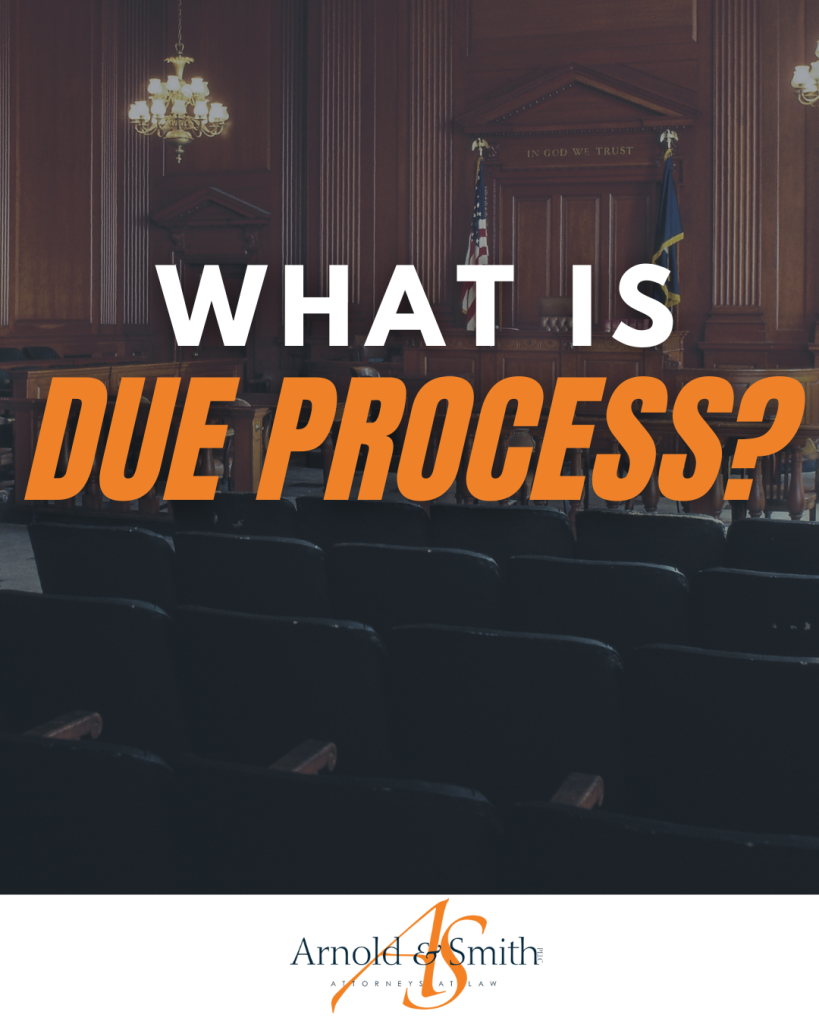Federal and state laws require everyone to be treated equally and fairly. There has been much talk about due process, and many people are wondering exactly what it is. Due process is a term that is common language among attorneys and judges and in courtrooms across the country. People who live in the United States have the right to a fair legal process.
https://youtu.be/6QfhYrFAQuE
 Charlotte Criminal Lawyer Blog
Charlotte Criminal Lawyer Blog





